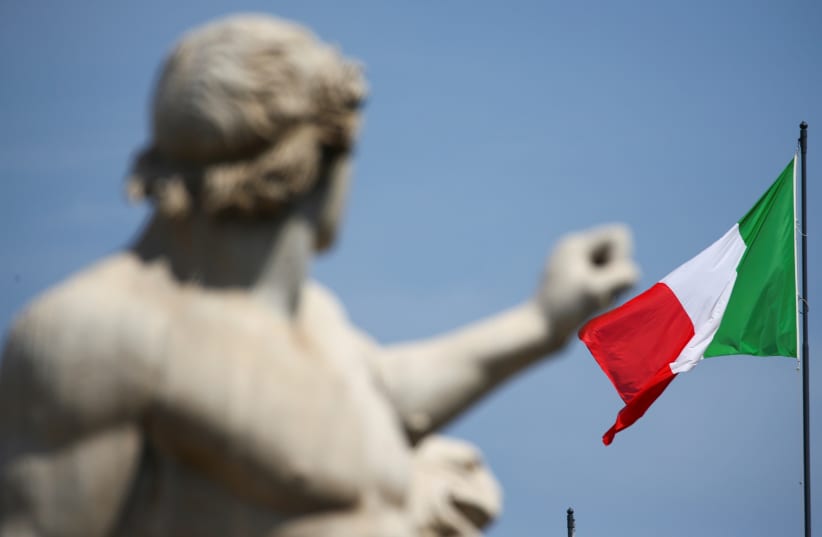Segre also said he was not afraid and that he felt the support of the city, including from Mayor Chiara Appennino and from the president of the northwestern Piedmont region, Alberto Cirio.Asked if he was going to remove the graffiti, he said “I am thinking about it. [But] until someone forces me to do it, I won’t.”On January 24, three days ahead of International Holocaust Remembrance Day – which Italy marks with hundreds of initiatives at the national as well as local levels – graffiti reading “Juden Hier” (Jews here) was uncovered in the Piedmont city of Mondovì on the front door of the son of Lidia Rolfi, a partisan fighter deported to Ravensbrück.Since then, swastikas and antisemitic insults have appeared on doors and walls all over the country.On Saturday, a swastika was discovered on the house of Auschwitz survivor Arianna Szorenyi in a small town in the northeastern Friuli region.On January 31, the annual report by Italian research institute Eurispes found that more than 15% of Italians believe the Holocaust never happened, marking an alarming six-fold rise since 2004, when such a position was expressed by only 2.7% of the respondents.Marcello Segre vittima dell'ennesimo episodio di antisemitismo gianduiotto. Storia vecchia. Mio padre e la Montalcini furono cacciati dall'Ateneo torinese nel '38 perché ebrei. Il razzismo non è mai morto, sopiva sul seno italico in attesa di patrioti anti Soros e citofonatori. pic.twitter.com/Kj9mcM4Fup
— raffaele barki (@raffaelebarki) February 9, 2020
Antisemitic graffiti painted on Jewish family’s door in Turin
The incident marks the umpteenth antisemitic episode in a few weeks.
